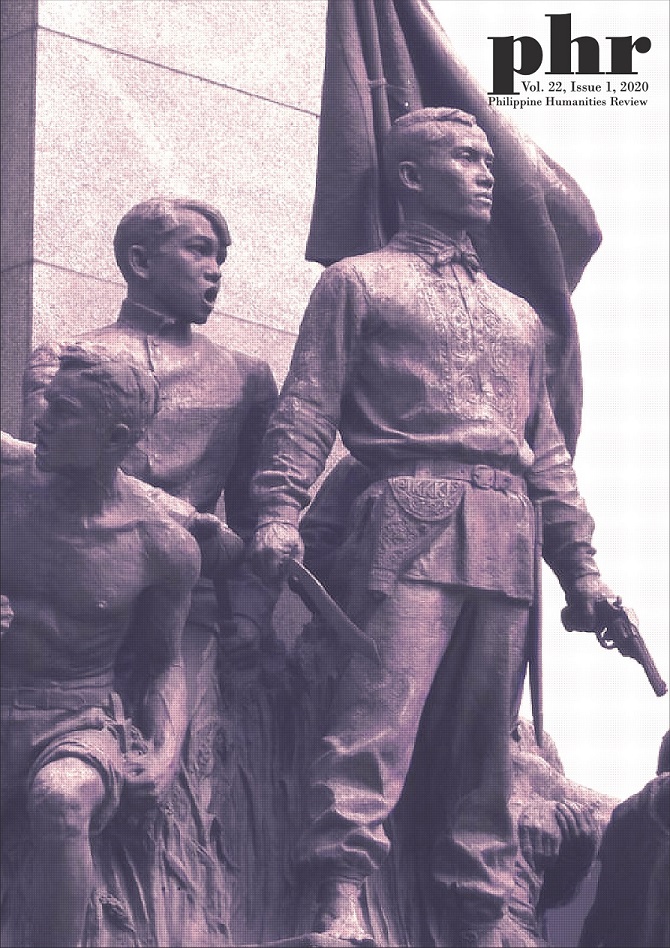Exploring Conceptual Metaphor Analysis as a Critical Literacy Strategy in the Philippines
Abstract
The understanding of metaphors has evolved from the poetic to the conceptual, which enables transference of meaning from which various phenomena may be viewed. While used in critical discourse analyses of texts, conceptual metaphor analysis (CMA) has received little explicit attention in critical pedagogy, where teachers explore methods to expose students to the oppressive realities around them. Thus, this paper argues that conceptual metaphorical analysis is a viable strategy in potentially developing critical literacy in students, which may help them redefine and challenge violent and gendered realities in the Philippines. Proceeding from the premise that language is crucial in enforcing ideologies, this paper performs conceptual metaphor analysis on a range of texts in order to map out the various instances of the current violent and misogynist history under which we teach and write. First we look at how Duterte's speeches during the first six months of his term have reshaped the meaning of human life in the Philippines. Then, we consider how women have been (and continue to be) represented in political speeches and advocacy materials, explicating the historical roots of this misogyny in the Marcos era, and linking it to presentday discourses surrounding sexual harassment. Finally, we will show how the analysis can form the basis of a critical literacy strategy that responds to present political and cultural realities in the Philippines. Our analysis highlights the importance of studying metaphors not only in language and literature but also as a critical literacy strategy that teachers may use to develop in Filipino students the critical consciousness to grapple with and work towards challenging their lived realities.
Published
2021-03-11
How to Cite
TIONGSON, MARELLA THERESE et al.
Exploring Conceptual Metaphor Analysis as a Critical Literacy Strategy in the Philippines.
Philippine Humanities Review, [S.l.], v. 22, n. 1, mar. 2021.
ISSN 0031-7802. Available at: <https://journals.upd.edu.ph/index.php/phr/article/view/7473>. Date accessed: 02 aug. 2025.
Issue
Section
Research Works


